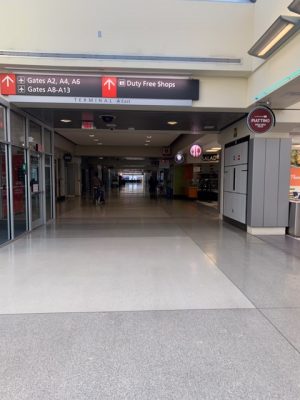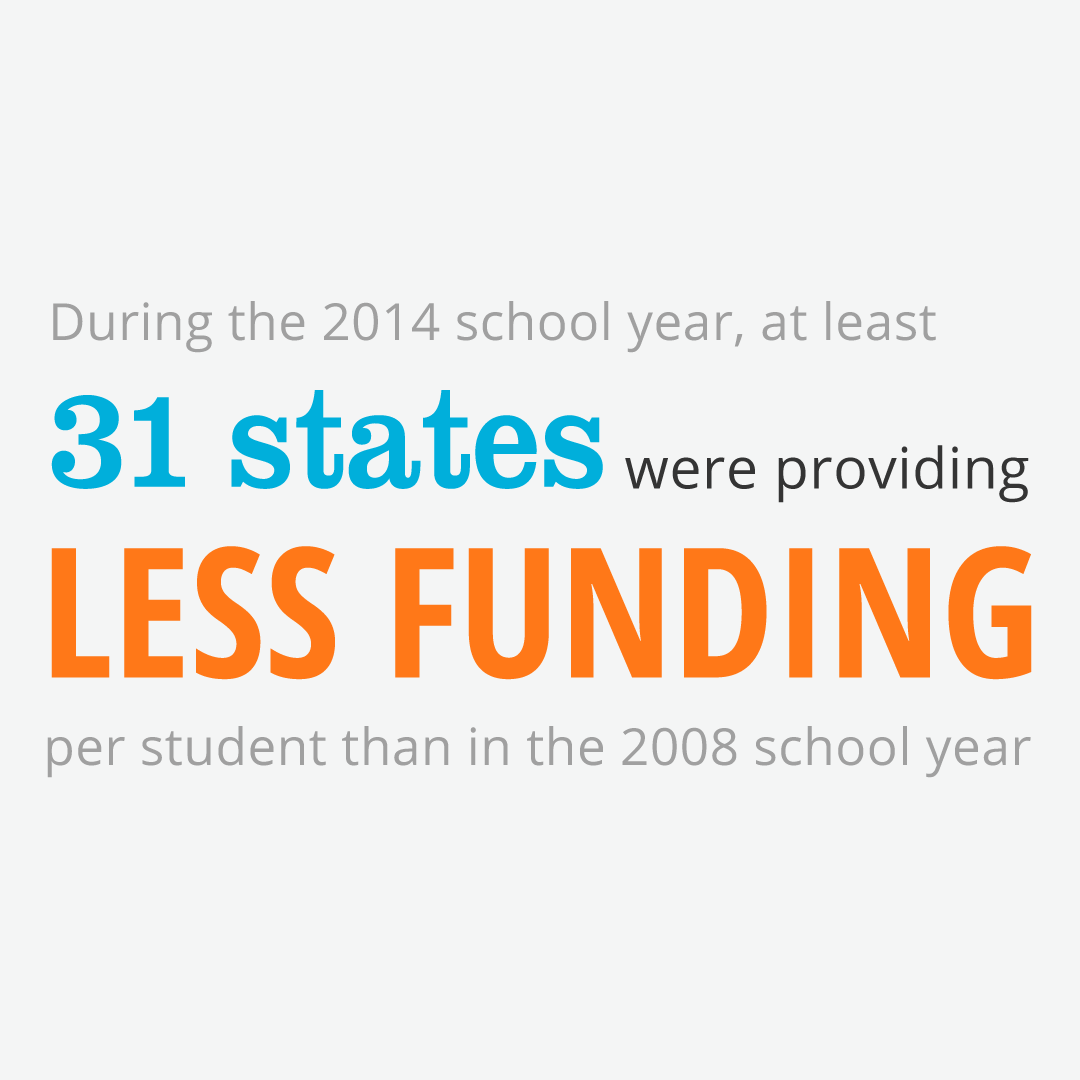The American Society of Civil Engineers (ASCE) today released COVID-19’s Impacts on America’s Infrastructure, a status report on the COVID-19 pandemic’s detrimental effects on the nation’s critical, yet aging and underinvested airports, bridges, dams, drinking water, energy, inland waterways, parks, ports, roads, schools, transit and wastewater infrastructure. The report provides a snapshot of these sectors, the recent impact on their frontline workers, and offers solutions for Congress to consider in their long-term economic recovery strategy.
“Prior to the COVID-19 pandemic, our nation’s infrastructure was already in a crisis,” said K.N. Gunalan, “Guna,” Ph.D., P.E., ASCE President. “Each American household was already losing at least $3,400 each year in disposable income due to poor and outdated roads, bridges, electric grid, water systems and more—systems that are critical to the public’s health, safety and welfare. I encourage Congress to review this report and its solutions, and make infrastructure investment a priority in their immediate response and long-term economic recovery strategy, so that we can get Americans back to work and use this opportunity to rebuild more resiliently.”
The report notes that COVID-19 has caused a decrease in commercial water use, drivers on the road and using public transit and airports. Additionally, municipal and state budgets have had to reprioritize spending, causing less available support for parks, schools and other publicly owned infrastructure. Some of the latest impacts COVID-19 has had on these sectors include, but are not limited to, the following:
- An estimated $23.3 billion loss in airport revenue due to a 95% decline in domestic air travel.
- A projected 30% revenue decline in the next 18 months for the nation’s state Departments of Transportation (DOTs).
- Approximately 17% loss in annualized revenue in the drinking water sector, including more than $5 billion in losses related to suspending water service disconnections and increased customer delinquencies.
- Dramatic nationwide ridership declines in transit systems (i.e., 75% decrease on the PATH commuter rail system in New Jersey and New York; 85% reduction in Washington, D.C. Metrorail ridership and 55% decrease in ridership on Los Angeles Metro).
ASCE offered several solutions for Congress in the report to help these infrastructure systems recover from the pandemic, and we are encouraged that many of these recommendations are included in H.R. 2, the Moving Forward Act. These solutions include, but not limited to, the following:
- Congress should provide $10 billion to mitigate the pandemic’s growing impacts on the nation’s airports – in addition to the $10 billion in relief posed in the Coronavirus Aid, Relief, and Economic Security Act.
- Provide $50 billion in immediate, short-term relief for state DOTs so that bridges, roads, and transit systems may remain safe and reliable.
- Pass a multi-year surface transportation reauthorization that addresses the solvency of the Highway Trust Fund before the current surface transportation authorization expires on September 30th, 2020.
- Fully fund the High Hazard Potential Dam Rehabilitation Program at the authorized amount of $60 million for 2021 and pass that Dam Safety Improvement Act.
- Include federal drinking water and wastewater assistance for ratepayers and provide water utilities with federal economic relief to combat revenue losses resulting from COVID-19.
- Streamline the permitting process, particularly to connect new sources of renewable energy to the electric grid.
- Include the Rebuild America’s School Infrastructure Act in future economic relief packages.
The full report may be found at www.infrastructurereportcard.og/covid-status-report. The 2021 ASCE Infrastructure Report Card will be released in February 2021.























































